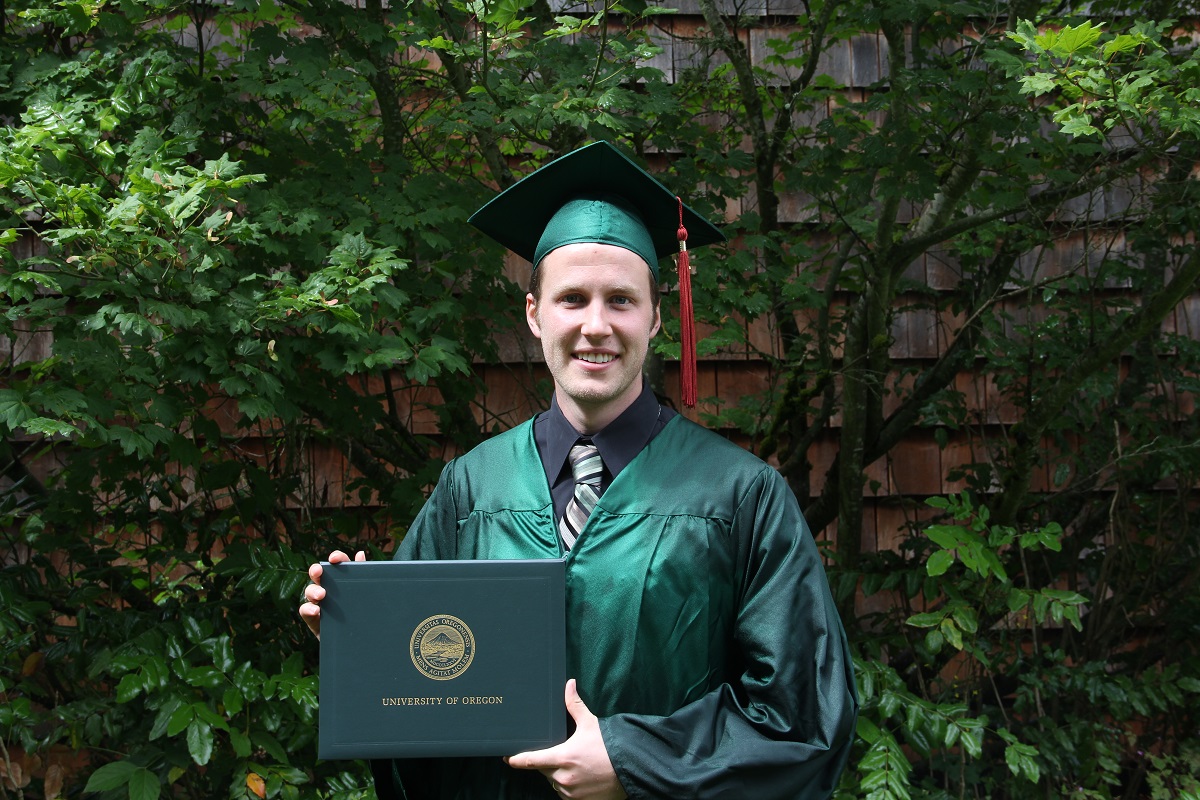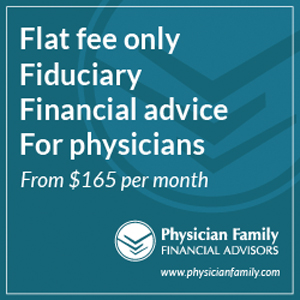Is it better to pay off your student debt or save for retirement? It is unbelievable how often I hear this question. Often asked as if the person’s financial future is dependent on getting this question correct.
The best answer for any given person at any given time depends mostly on what their budget looks like. If a person is drowning in debt, then forget about investing and put all effort into paying off enough debt to create breathing room in the budget. Without breathing room, multiple struggles are created, not just financial.
(Come join me at White Coat Investor’s 2026 Physician Wellness & Financial Literacy Conference, March 25-28, 2026 in Las Vegas, NV. I’ll be speaking on “Enough,” a topic too many physicians ignore.)
Compare this drowning in debt issue to a patient in the Emergency Department with a bullet in his chest and a blood pressure of 60. All efforts are concentrated on stopping the bleeding and regaining normal vital signs. No one should care about the funny looking mole on his back that could be a melanoma and might be big trouble down the road. If we don’t stop the bleeding now, he will die, and the melanoma becomes at moot point. When in financial shock, it is imperative that financial control is restored as quickly as possible by paying off the debt.
On the other hand, if the budget has breathing room, then it is possible to do both; pay off debt and invest. That’s what I did. I maxed out my tax advantaged savings, 401K and IRA, and put the rest of my income beyond my expenses into debt elimination. Doing that took me from over $500K of debt, to being debt free in less than six years. After that, I put some of my prior debt payments into investments (for the future) and used some to increase my lifestyle (for now). I haven’t had a house payment since 2001 and don’t intend to have one in the future. I was able to retire at an earlier age by not needing to have a nest egg large enough to also service a house payment. Fewer expenses meant my savings reached a point where I was financial independent at a much smaller number. In sort, an earlier retirement became possible without any debt to service.
My overall opinion, having lived under the burden of debt as well as the freedom of no personal debt, is to make debt elimination a slightly higher priority than saving. Saving and debt elimination are both important. One will benefit us more in the future, the other yields benefits in the present. You need both. You will not realize how much debt is weighing you down until it is gone and you experience the freedom.
If you are a resident just about to get that first job, I would recommend the following. When you leave residency, your income will jump significantly. Don’t fall for the temptation to increase your cost of living to equal or exceed your new income. (Spending in excess of your income is disguised as using a loan to buy anything except your first house or a business.) If you were living on $60K as a resident, go up to $85k – $100k as an attending and rent a modest house, don’t buy. (Never buy a house when you get a new job, the risk of wanting to move in a couple of years is too high.) Max out your tax advantaged retirement plans, including both an IRA for you and your spouse, and use the rest of the income that exceeds expenses to eliminate your student loans. They will melt away very rapidly on your new high income and should be gone in 2-4 years. Then, when the debts are gone and you are convinced you will be staying at your job, you can increase your budget and buy a house with a 30-year mortgage which you should pay off early (seven years or less). You can also increase you investing to things outside of tax protected retirement plans. (Real estate?)
Getting debt controlled before you increase your lifestyle as an attending can make a huge impact on your financial future. It’s the difference between being able to retire in style or worrying if you will ever be able to retire. Starting off on the right financial footing and not going deeper into debt is easier than trying to recover later from too much borrowing. Start off on the right foot. My book, “The Doctors Guide to Starting Your Practice Right,” can help you begin your journey in the right direction.
To answer the question in the title, either answer leads to a great financial future. So, stop sweating this one, just pick one or both and worry about stuff that matters.



